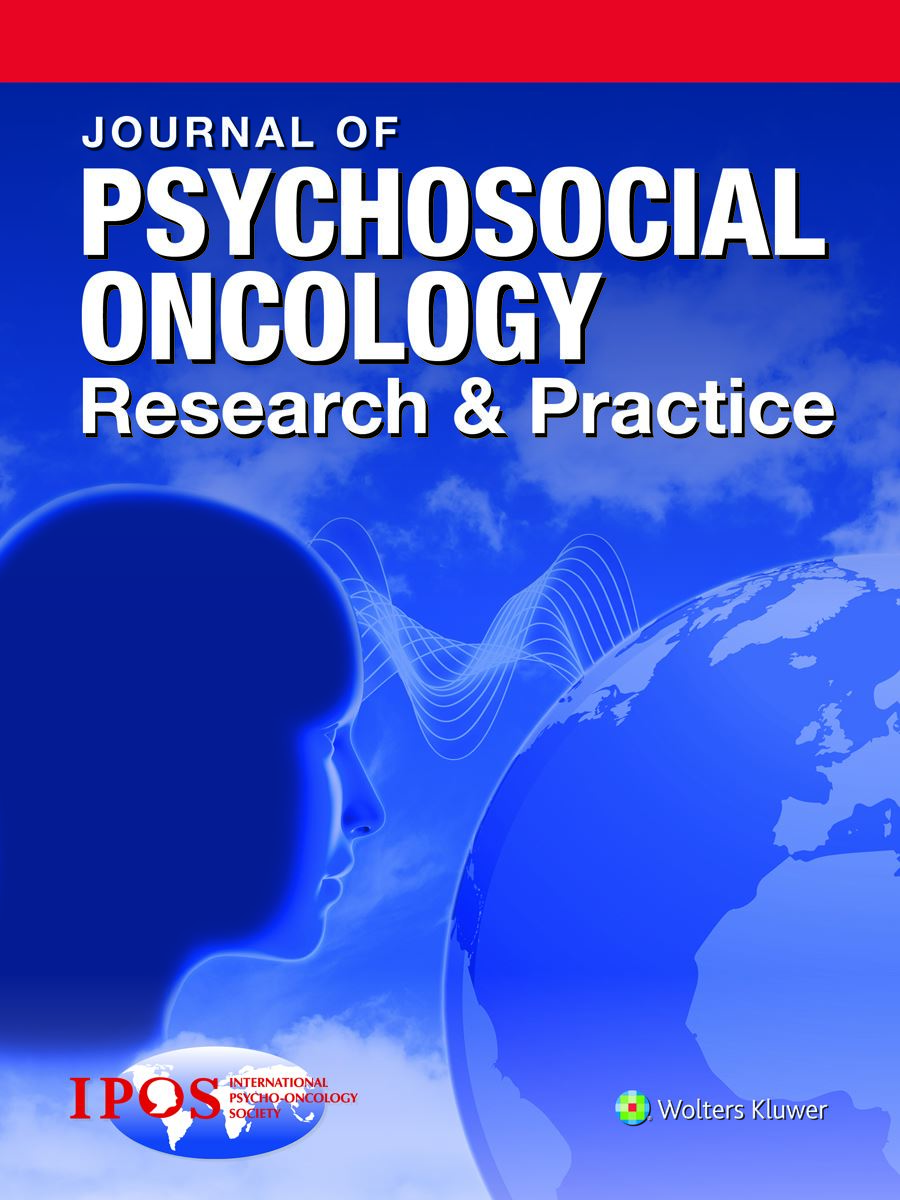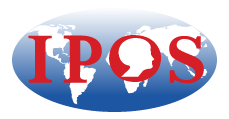The Journal of Psychosocial Oncology Research & Practice (JPORP) became the official journal of the International Psycho-Oncology Society (IPOS) earlier this year. Published by Wolters Kluwer, this open access journal focuses on the growing body of research in the field of psychosocial oncology. The journal will be publishing articles reporting on clinical research examining psychosocial and behavioral interventions in oncology settings, research on the implementation of psychosocial and behavioral interventions in routine clinical practice and their impact on outcomes, with a focus on global psycho-oncology.

With the launch of JPORP (which will publish its first issue in July 2019), IPOS has ended its relationship with Wiley, the publisher of the
Psycho Oncology Journal (PONJ). IPOS is appreciative of the work done by Wiley and the Editorial Board in publishing
Psycho Oncology.
The move to an open access journal format is relevant, timely and responsive to the global needs of the membership. In examining journal platforms and partners, the Board carefully considered the needs of our growing membership, which is now at an all-time record high with members from more than 75 countries.
There has been a global move towards open science to address lack of accessibility, which disproportionally affects users in low and middle-income countries (LMICs). Traditionally published papers are only accessible to those with access to academic institutional or individual subscriptions. This typically leaves academics in LMICs and other stakeholders such as patients and caregivers, policy makers, NGOs and advocacy organizations without access to over 75% of the academic literature. Recognizing the need for better publication models, open-access publishing has gained acceptance and momentum. Many funding agencies world-wide, mainstream respected publishers and journals are offering open access and researchers are benefiting from increased rates of downloads and citations for their work. The one major downside to open access publishing for researchers are Article Processing Charges (APCs) that authors must pay at the time of publication to support open access.
With that in mind, working with Wolters Kluwer, IPOS sought to address barriers associated with APCs. JPORP is an online-only journal so we do not have extra production costs associated with printing and distribution, so our APCs are much lower than those of print journals. For example, APCs for traditional print journals (when an open access option exists) are usually in the $3,000-5,000 USD range. This amount can be prohibitive for many authors. Our charges will range from $400-$1,000 USD, depending on the type of article, with further discounted rates for IPOS members.
Additionally, IPOS has built discretion into the agreement with our publisher, such that we have the opportunity to waive APCs for special papers; for example: IPOS commissioned works such as summary papers from Award winners’, plenary talks at the World Congress and position papers from IPOS committees or special interest groups. We have also set aside APC waivers for the first 12 unsolicited papers to be accepted in the new journal, of which several still remain. We believe these provisions will decrease barriers to publication associated with APCs and will improve the reach and influence of the work we publish.
Our co-editors Dr. Linda Carlson and Dr. Brian Kelly have been working diligently since January with our associate editors Dr. Bill Breitbart (US), Dr. Gail Garvey (AU), Dr. Nick Hulbert-Williams (UK), Dr. Yosuke Uchitomi (JP) and Dr. Claire Wakefield (AU), all who are looking forward to the first issue of the
Journal of Psychosocial Oncology Research & Practice (JPORP) this July.
To learn more about the
Journal of Psychosocial Oncology Research & Practice, please visit
About the Journal. The Journal is open for submissions;
please click here to submit your paper. To learn more about submitting articles, please visit the
Instructions to Authors.
